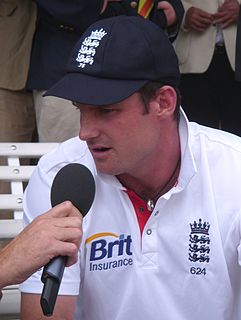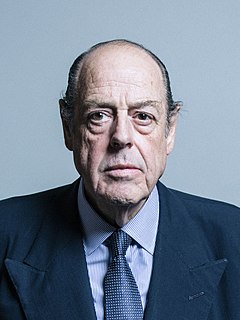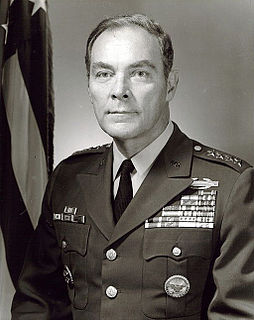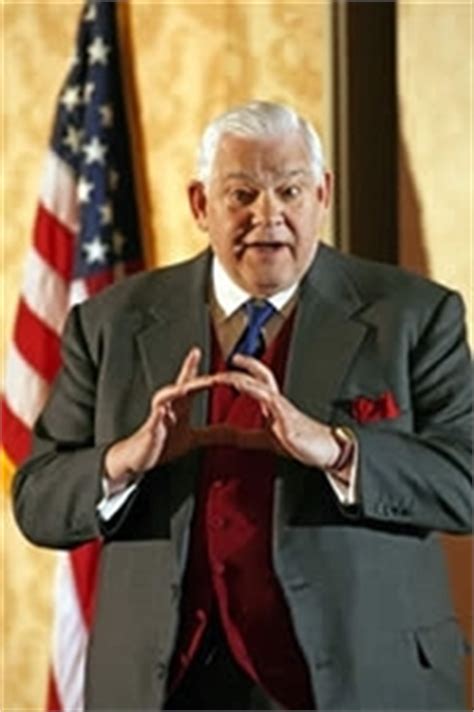A Quote by David Olusoga
Aside from his other achievements, Winston Churchill wrote a six-volume, 1.9m-word account of the second world war and his role in winning it.
Related Quotes
In the closed circle of the war cabinet, pounded by terrible report after terrible report, there had been uncertainty about whether he could fend off the drift to exploring a deal with Hitler. The determination of the larger group trumped the tentativeness of the smaller, and Churchill fulfilled his role as leader by disentangling himself from defeatism--one of his singular achievements at the end of May 1940.
Adlai Stevenson, himself a notable speaker, often reminisced about his last meeting with Churchill. I asked him on whom or what he had based his oratorical style. Churchill replied, "It was an American statesman who inspired me and taught me how to use every note of the human voice like an organ." Winston then to my amazement started to quote long excerpts from Bourke Cockran's speeches of 60 years before. "He was my model," Churchill said. "I learned from him how to hold thousands in thrall."






































